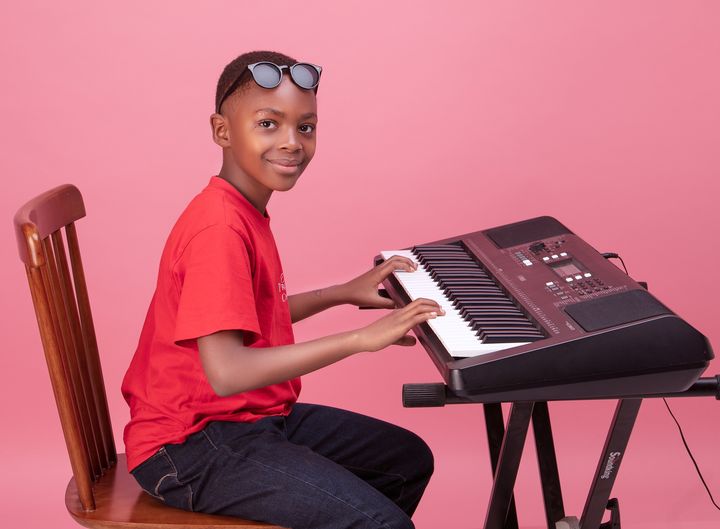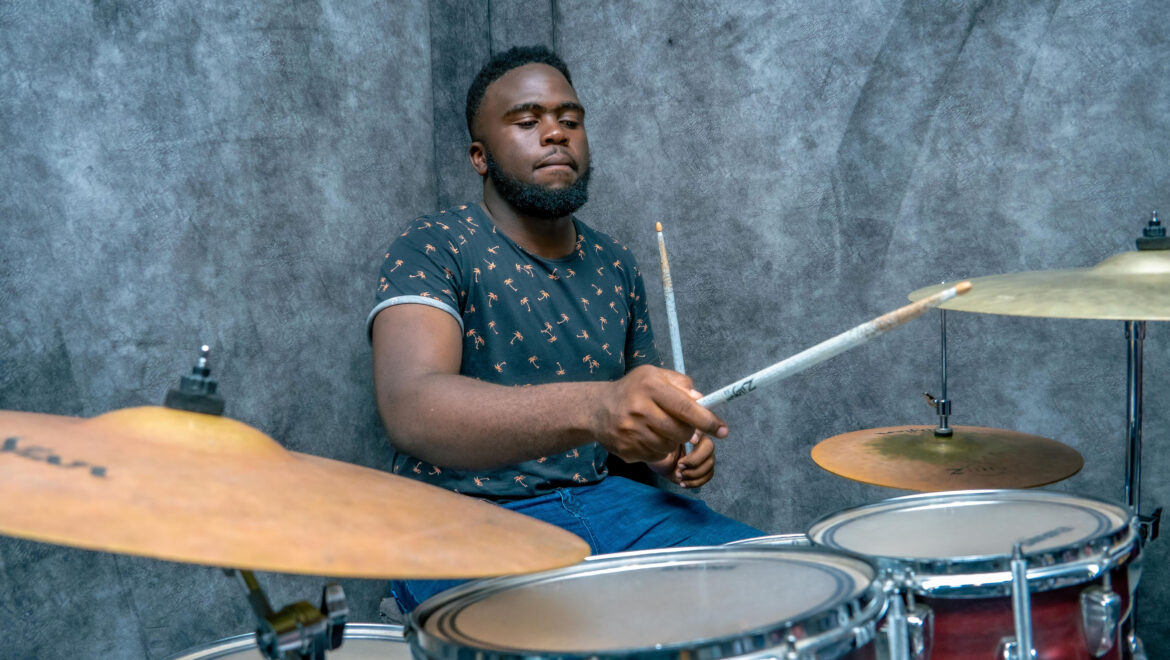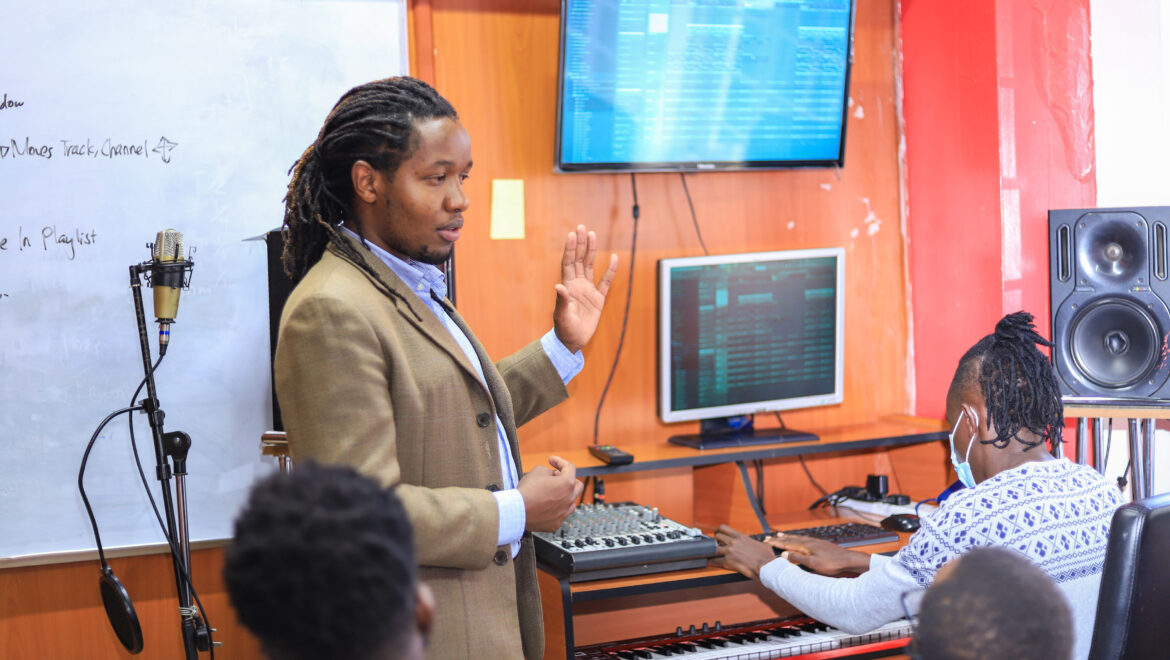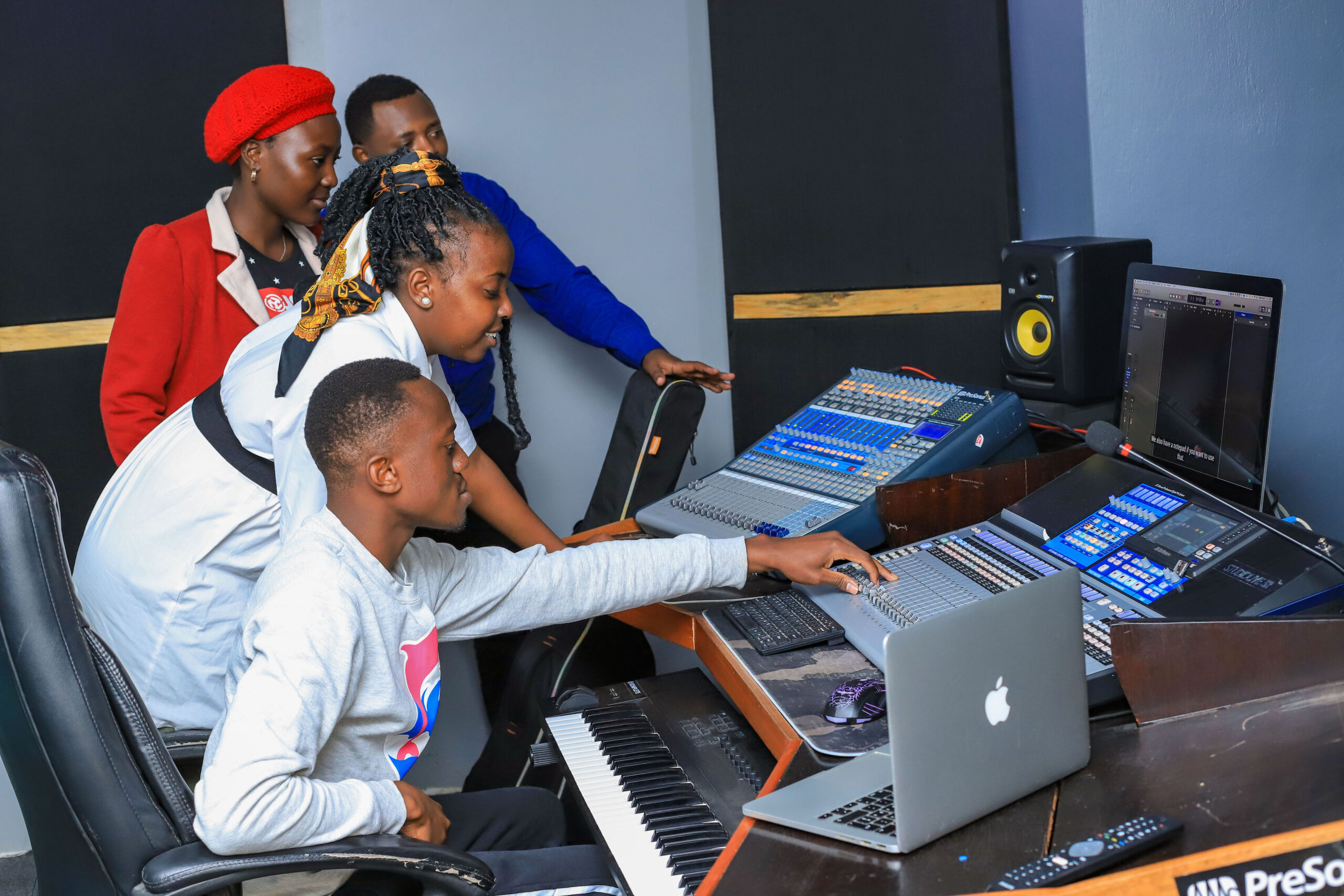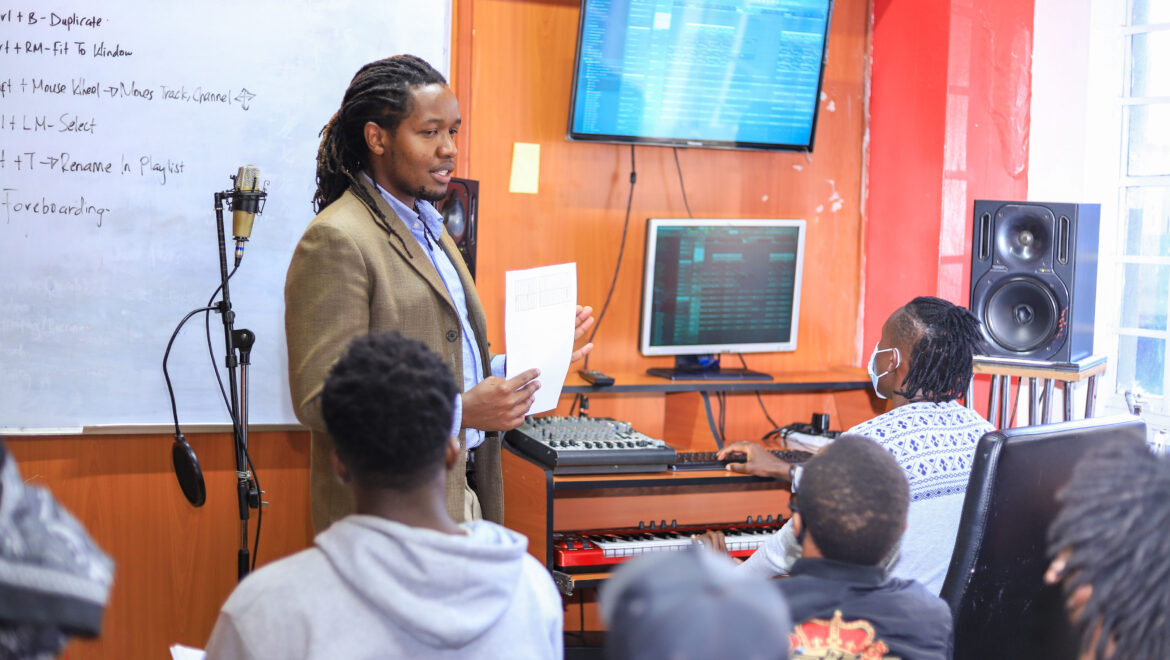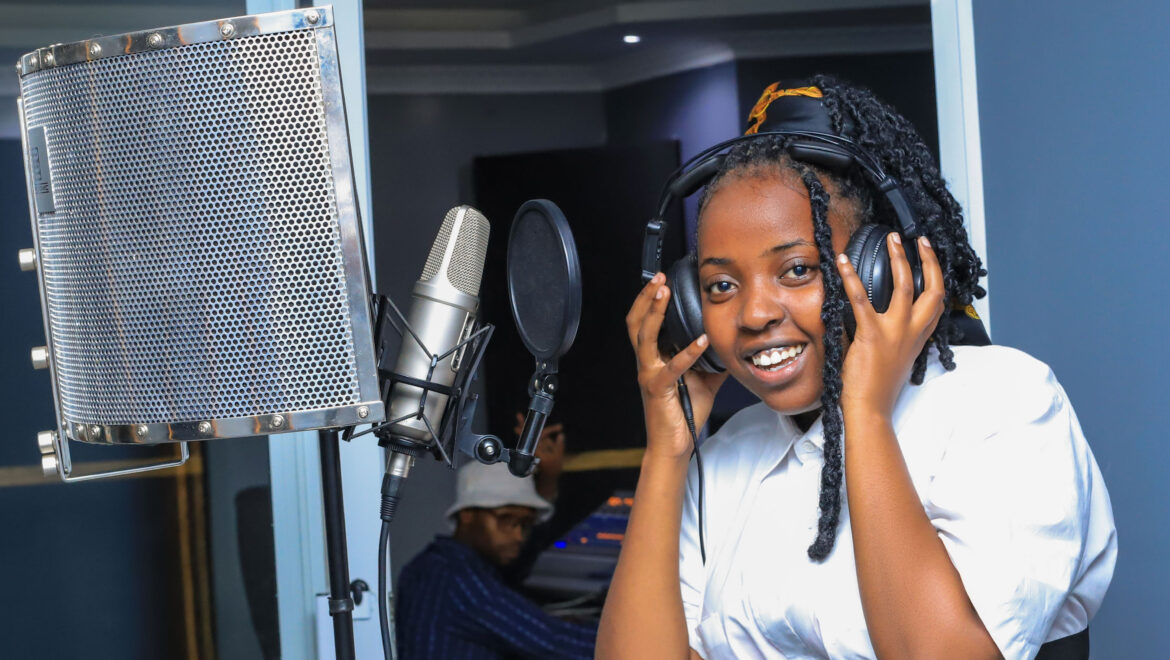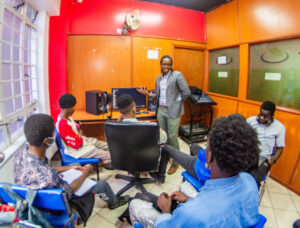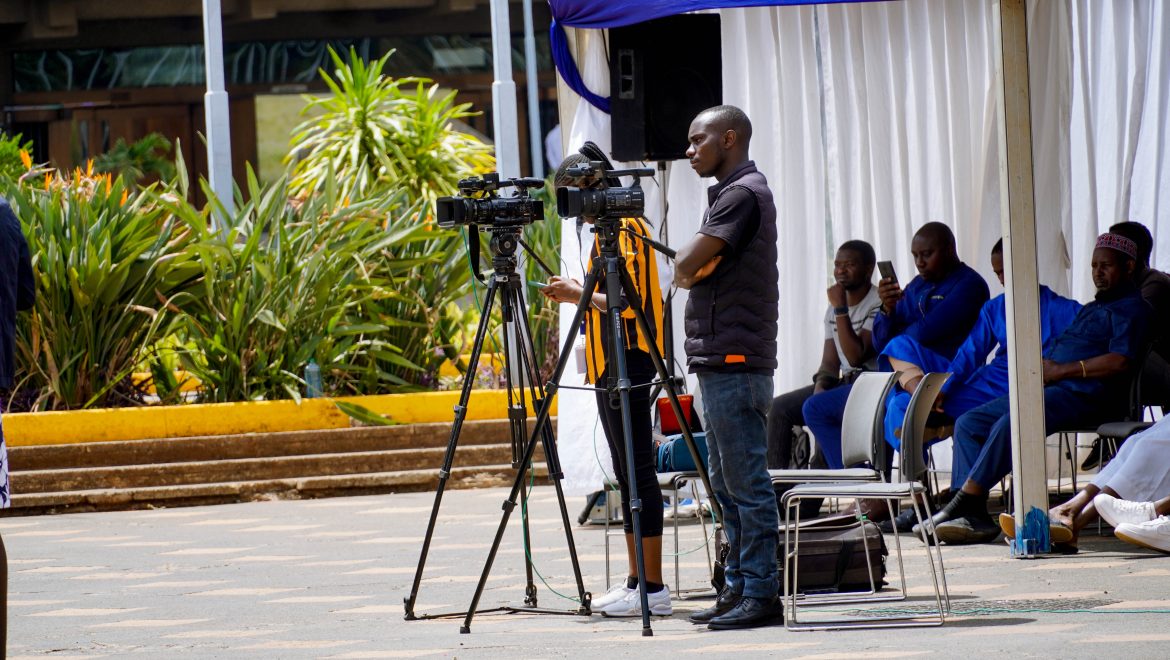Exploring the Impact of Music on Childhood Development
Introduction
Childhood development is a crucial phase that lays the foundation for a child’s future well-being and success. During this period, various factors influence a child’s growth, including their exposure to music. Music has long been recognized for its profound impact on human emotions and cognition, and its effects on childhood development are no exception.
Early Exposure to Music
Prenatal Influence
Even before birth, babies can perceive sounds from the outside world, including music. Research suggests that exposure to music during pregnancy can positively influence fetal development, potentially leading to increased auditory processing skills after birth.
Infancy and Musical Preferences
In the early months of life, infants demonstrate a natural inclination towards music. They show preferences for certain musical elements such as rhythm, melody, and tempo. This early exposure lays the groundwork for further musical exploration and development.
Cognitive Development
Music and Brain Development
Engaging with music stimulates various areas of the brain, including those responsible for memory, attention, and executive function. Learning to play a musical instrument, for example, can enhance neural connections and promote overall brain development in children.
Enhancing Memory and Attention
Music has been shown to improve memory retention and concentration in children. Whether through learning lyrics to songs or memorizing musical patterns, the cognitive demands of music help sharpen memory and focus.
Emotional Development
Expressing Emotions through Music
Music serves as a powerful medium for expressing emotions, even for young children who may struggle to articulate their feelings verbally. Listening to or creating music allows children to explore and communicate a wide range of emotions in a safe and constructive manner.
Regulation of Mood
Music can also help regulate emotions and alleviate stress in children. Whether it’s a soothing lullaby before bedtime or an upbeat song to lift spirits, music has the ability to influence mood and promote emotional well-being.
Social Development
Group Music Activities
Participating in group music activities such as singing in a choir or playing in an ensemble fosters social interaction and cooperation among children. These collaborative experiences promote teamwork and communication skills.
Collaboration and Teamwork
Collaborating on musical projects encourages children to work together towards a common goal, teaching them valuable lessons in compromise, empathy, and shared responsibility.
Language Development
Musicality and Language Skills
Music and language share many underlying elements, including rhythm, pitch, and tone. Exposure to music can therefore enhance a child’s sensitivity to these linguistic features, potentially leading to improved language skills.
Vocabulary Acquisition
Songs with rich lyrical content expose children to a diverse range of vocabulary words and phrases. Singing along to these songs can help children expand their vocabulary and develop stronger language comprehension abilities.
Motor Skills Development
Fine Motor Skills through Musical Instruments
Playing musical instruments requires precise coordination of finger movements, which helps develop fine motor skills in children. Whether plucking guitar strings or striking piano keys, mastering these movements enhances dexterity and hand-eye coordination.
Gross Motor Skills through Dance
Dancing to music engages large muscle groups and promotes gross motor skill development. Whether through structured dance classes or spontaneous movement to music at home, children can improve balance, coordination, and spatial awareness.
Cultural Awareness
Exposure to Diverse Musical Traditions
Introducing children to music from different cultures broadens their cultural awareness and fosters respect for diversity. Exploring music from around the world exposes children to unique musical styles, instruments, and traditions.
Understanding Cultural Context
Learning about the cultural context of various musical genres deepens children’s understanding and appreciation of different societies and their histories. It encourages curiosity and empathy towards people from diverse backgrounds.
Creativity and Imagination
Encouraging Creativity through Music
Music offers endless opportunities for creative expression. Whether composing original songs, improvising melodies, or experimenting with different musical styles, children can unleash their creativity and imagination through music.
Role of Imagination in Musical Play
Engaging in musical play allows children to use their imagination to create stories, characters, and worlds inspired by the music they hear. This imaginative play fosters creativity, problem-solving skills, and abstract thinking.
Academic Performance
Correlation between Music Education and Academic Success
Numerous studies have shown a positive correlation between music education and academic achievement. Children who participate in music programs tend to perform better in subjects such as math, language arts, and science.
Improved Cognitive Abilities
The cognitive skills developed through musical training, such as memory, attention, and spatial reasoning, can transfer to other academic pursuits, leading to improved overall cognitive abilities and academic performance.
Therapeutic Benefits
Music Therapy for Children with Special Needs
Music therapy has been shown to be effective in addressing a wide range of developmental and emotional challenges in children with special needs. Music can help improve communication skills, reduce anxiety, and enhance social interaction.
Stress Reduction and Relaxation
Listening to calming music or engaging in musical activities can have a soothing effect on children, helping them relax and unwind after a long day. Music therapy techniques such as guided imagery and relaxation exercises can promote stress reduction and emotional well-being.
In conclusion, exploring the impact of music on childhood development unveils a fascinating journey of discovery and growth. From the earliest moments of prenatal influence to the complexities of emotional regulation and cognitive enhancement, music plays a multifaceted role in shaping children’s lives. Through music, children not only develop vital skills such as language, motor coordination, and social interaction but also cultivate creativity, empathy, and cultural awareness. You are welcome to join us at Kamata Music school for your young one enrollment .

